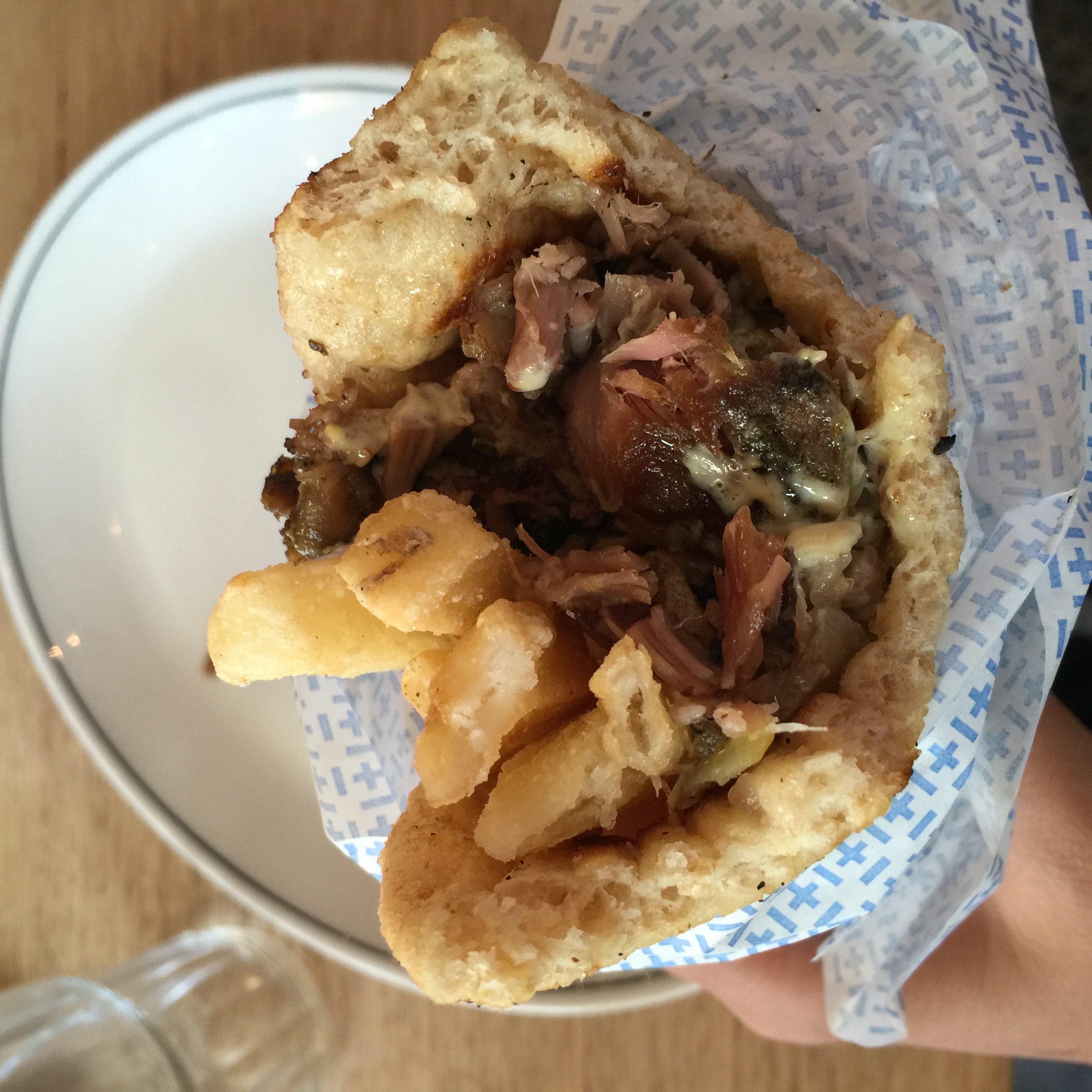-
verb [ɡrəʊn]
make a deep inarticulate sound conveying pain, despair, pleasure, etc.
‘Rupi groaned and picked up the mic’

-
红包 [hóng bāo]
red packet which contains money as a gift
红(hóng): red
包(bāo): packet
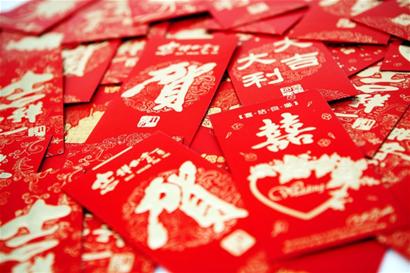
-
契约 [qì yuē]
contract; agreement
契: contract; agreement; deed
约: appointment
e.g. make the contract with phone team
-
运算 [yùn suàn]
运: to move / to use
算: calculate
e.g. 计算机(Computer) is good at 运算.
-
Spanish stuff!

To call
llamar is the verb of “to call”
to say “I call”
llamo
Congegate
I call = “llamo”
You call = “llama”
pronoun
If you want to say
“I call you”
“se” (you/it) “llama” (call)
“I call me”
“me” (me) “llamo” (call)
reflexive
When the “pronoun” and the “congegation” are the same
“I call me” “me llamo”
They mean different things
My name is
is “I call me”
“me llamo”
How
Como
How would you say
“What is your name” (or “how you called”)
-
verb [priːˈɒkjʊpʌɪ]
(of a matter or subject) dominate or engross the mind of (someone) to the exclusion of other thoughts.
‘We have been so preoccupied with flipping the burger in the last couple of weeks that learning new words has suffered’
-
英雄 [yīng xióng] hero
英,To be outstanding, great
雄,strong, forceful
William Wallace is a 英雄(hero) who has a legend life in Brave Heart.

-
verb [pɔː]
flow rapidly in a steady stream.
‘It is pouring outside’
That means its raining heavily

-
不明觉厉 [bù míng jué lì]
不,no
明,understand
觉,feel
厉,awesome,wonderful
不明觉厉,Admiration arises despite my incomprehension of what you said.
e.g. I feel ‘不明觉厉’ after hearing your session.

-
麻将 [má jiàng]
n. mahjong(the most popular board game in China)
e.g. Lu went to have hot-pot and play mahjong(麻将) last night.


-
adjective [prəˈlɪfɪk]
(of a plant, animal, or person) producing much fruit or foliage or many offspring.
‘David Bowie was a prolific artist’
-
Spanish stuff!

We spoke about some verbs
necesitar - to need
necesito - I need
tener - to have
tengo - I have
querar - To Want
quiero - I want
To know (general knowledge)
saber - to know (general knowledge)
se - I know
Multiple words
When verbs are together, the second (and third verbs) together are in ‘the two form’
SO to say, I need to have it - you say
lo necesito tener
How would you say
I want to know
I dont know
I dont know it
Qsentir is a verb of “to feel”
So to say “I fell” you say “siento” (conjugation)
When to say “it”
it = ‘lo’
But you say “it” before, not after
So to say
“I fell it” - you say “lo siento”
I’m sorry
When someone in Spanish says “I fell it”, what they are really saying is “I’m sorry”
how would you say
“I’m sorry, but its not acceptable for me”
-
###取代 [qǔ dài]
取代: remove something and replace with new one
取 qǔ : take, take away
代 dài : replace
Alan Rickman can’t be replaced! He is Severus Snape. Severus Snape is him.
Alan Rickman : Outstanding Artist from London and is most famous for his portrayal of potions teacher Severus Snape in the Harry Potter films.
Severus Snape : Fictional character in J. K. Rowling’s Harry Potter series.

-
###么嘛哒 [me ma da]
[Shaanxi dialect] n. no problem
e.g - A: Lu, could you help to write that doc… Lu : me ma da
-
noun [ˈkandə]
the quality of being open and honest; frankness.
‘Mutual trust and candour are essential to well-performing agile teams’
-
谝闲传 [piàn hán chuán]
[Shaanxi dialect] n. small talk which not related with business / chat
谝[piǎn]: show off / chat
闲[xián]: leisure
传[chuán]: spread
e.g. 谝闲传 with some friends in weekend can make one relax.
-
noun [/ˈmɛtəfə,-fɔː/] 隐喻
a figure of speech in which a word or phrase is applied to an object or action to which it is not literally applicable.
we use a metaphor to represent more symbolic attributes of the thing we describe.
‘for here, am i sitting in a tin can’ - David Bowie ‘Space Oddity’
-
碎娃 [suì wá]
n. child, kid
碎[suì]: little; small
娃[wá]: kids

-
Spanish stuff!

I feel it!
sentir is a verb of “to feel”
So to say “I fell” you say “siento” (conjugation)
When to say “it”
it = ‘lo’
But you say “it” before, not after
So to say
“I fell it” - you say “lo siento”
I’m sorry
When someone in Spanish says “I fell it”, what they are really saying is “I’m sorry”
how would you say
“I’m sorry, but its not acceptable for me”
-
麻辣 [má là]
n. hot and numbing taste
麻[má]: numbing; can’t feel your mouth
辣[là]: peppery; hot
e.g. 麻辣鸡 (hot and numbing taste chicken)麻辣香锅(hot and numbing taste pot)

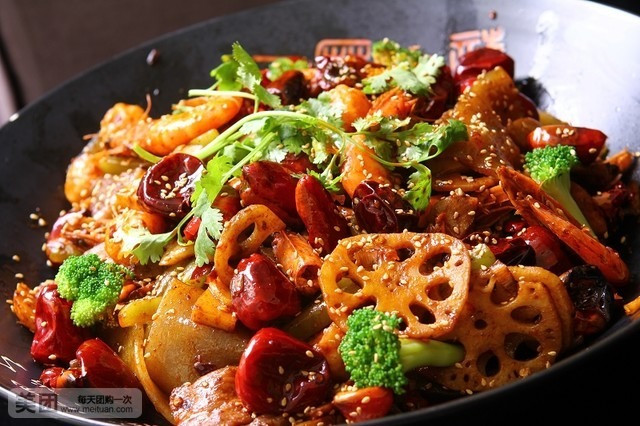
-
verb
To cause to think clearly again; to reorient; to put back into working order.
“Now that the new year is here, its time to recombobulate”

-
样式 [yàng shì]
n. style, pattern
样[yàng]: appearance
式[shì]: type, mode
e.g. Trent added a very long Spanish and broke the page style(样式) of our wombats learning. lol
-
翻译 [fān yì]
v/n. translate/translation
翻[fān] turn over
译[yì] translate
Lu has translated several technical books.
-
noun [/peɪs/ /lʌɪn/]
A cycling technique: It enables cyclists to share the work of pushing through the wind.
http://www.bicycling.com/training/fitness/9-paceline-rules
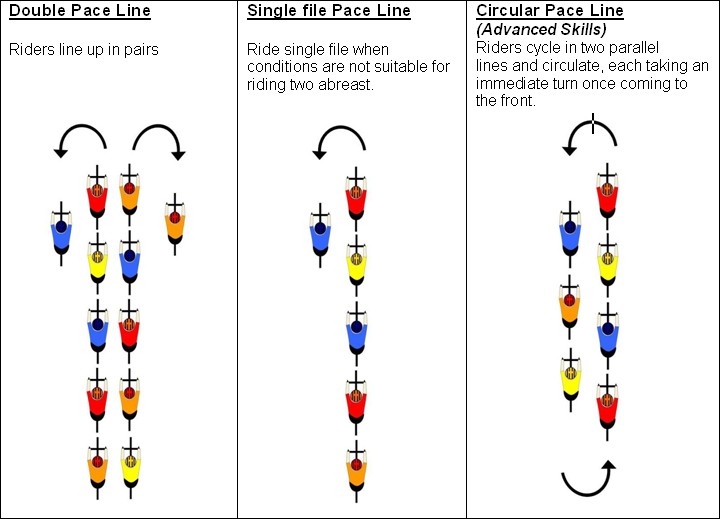
-
对比 [duì bǐ]
v/n. contrast
e.g. The air in and out of the mountains contrasts distinctly.
(Photos taken on Sunday)


-
Spanish stuff!

Some notes
- There are 26 letters in English
- There are 27 letters in Spanish (just to be special)
- There are over 50,000 characters in Chinese
abcdefghijkl
m n ñ
opqrstuvwxyz
Happy / Merry:
Feliz
Birthday:
cumpleaños
Christmas:
Navidad
Merry Christmas all
Feliz Navidad todos!
-
冒险 [mào xiǎn]
n.v. adventure
冒: to cover
险: danger / risk
e.g. His life is full of 冒险.

-
瑜伽 [yú jiā]
n. yoga
e.g. 瑜伽 is a good practice to stretch your body

-
adjective [ˈsɪərɪŋ]
extremely hot or intense.
“Yesterday was hot, but today is going to be searing, and I don’t even know what word to use for what it’s going to be tomorrow”
-
上帝 [shàng dì]
n. God
上[shàng]: upper; above
帝[dì]: Emperor; king
e.g. If God(上帝) is for us, who can be against us?

-
noun, verb [luh-ment]
a feeling of disappointment or missed opportunity.
also sorrow or mourning, but not quite regret.
‘i lament my decision not to study languages in school’
-
醪糟 [láo zāo]
n. fermented glutinous rice
醪[láo]: wine with dregs
糟[zāo]: lees
e.g. A mother and daughter are talking about making and eating rice wine(醪糟) dumplings.
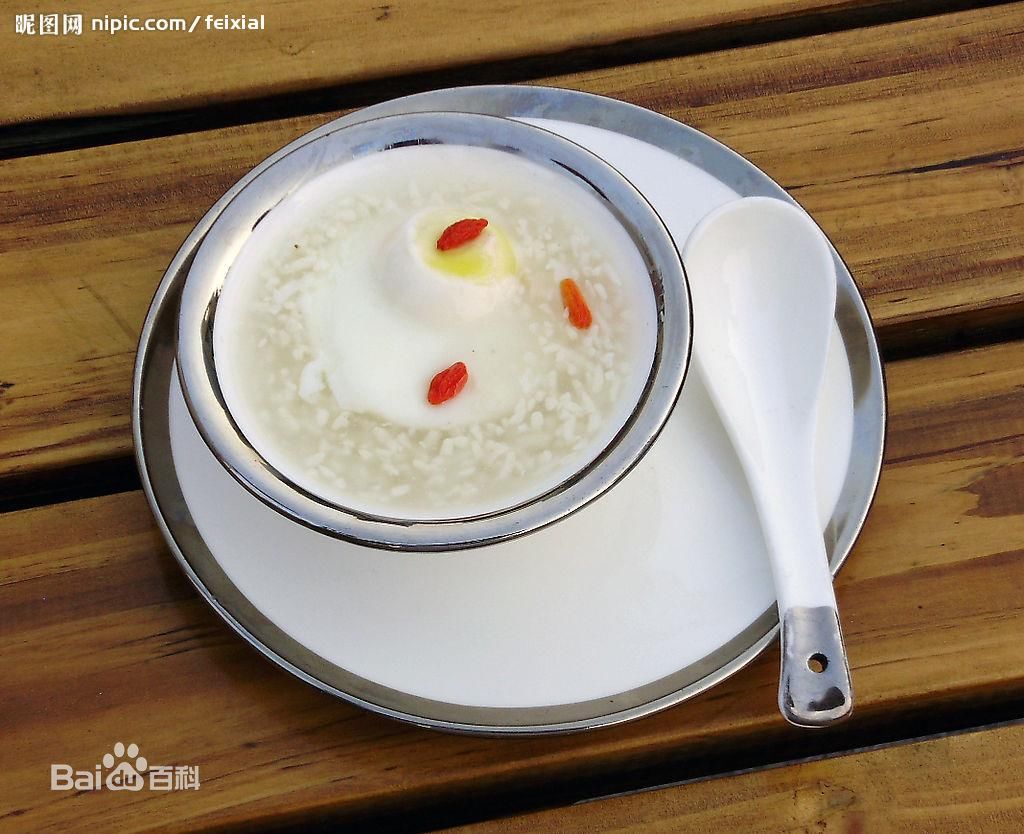
-
口罩 [kǒu zhào]
n. mask; respirator
口[kǒu]: mouth
罩[zhào]: cover; shade
e.g. A lot of people wear masks(口罩) in office recent days.

-
Spanish stuff!

Summary to date:
it is = “es”
ible = ible
able = able
Possible = posible
Probable = probable
For example:
It is possible = es posible
It is not probable = no es probable
For me, for you
For me = “para me”
For you = “para usted”
for example
It is not possible for me
It is probable for you
The question
Just use inflection
Is it possible for you?
-
回顾 [huí gù]
v. review, look back, retrospect
回[huí] go back, return
顾[gù] turn round and look at, look back, take care of
We have retro every week to 回顾 what happened in the last week.
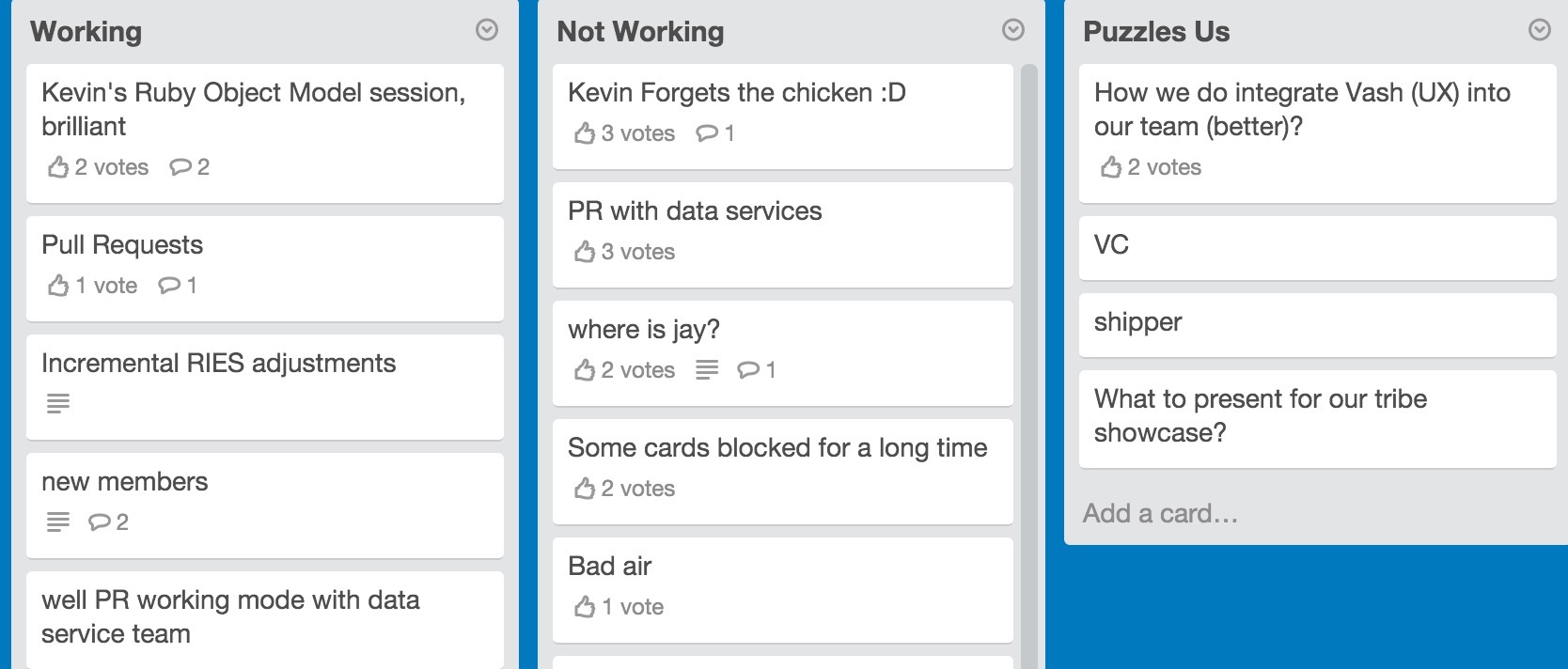
-
noun [ˌpandɪˈməʊnɪəm]
wild and noisy disorder or confusion; uproar.
“there was complete pandemonium—everyone just panicked”
-
noun [juːˈfɔːrɪə]
a feeling or state of intense excitement and happiness.
-
撞色 [zhuàng sè]
adj. To describe color matching with high contrast.
-
撞 zhuàng : crash
-
色 sè : color


-
-
第一天 [dì yī tiān]
v, n. first day
第一[dì yī]: first
天[tiān]: day;sky
e.g. Today is the first day(第一天) in new office
-
Spanish stuff!

If you know English, you know most of spanish
it is = “es”
ible = ible
Possible = posible
able = able
Probable = probable
Some examples
It is possible
It is not probable
How would you say
It is terrable
It is acceptable
-
偏僻 [piān pì]
adj. far from the city
偏[piān] inclined to one side, not in the center
僻[pì] the same with 偏; less common
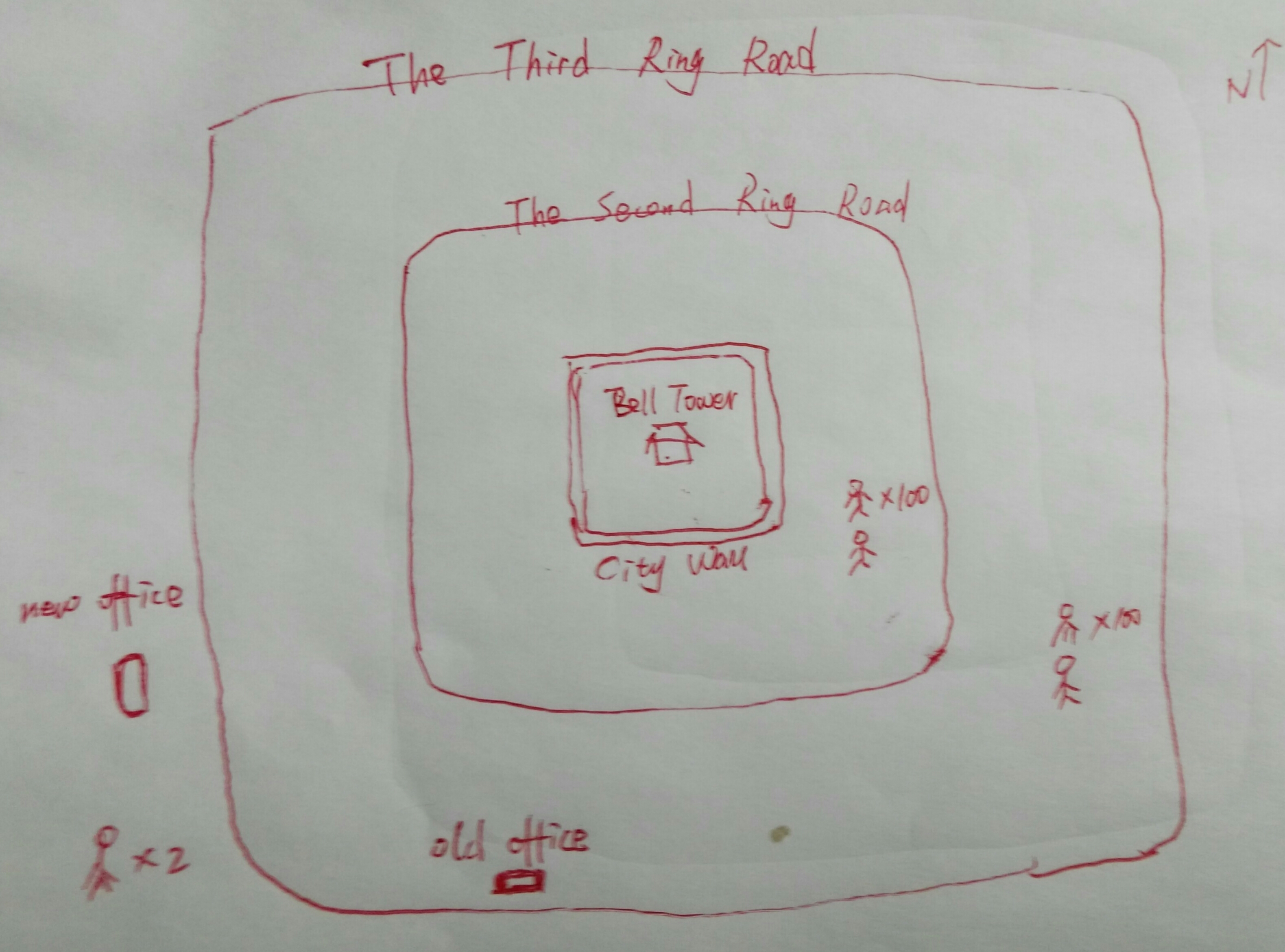
-
noun [dɪˈfʌɪəns]
open resistance; bold disobedience.
a refusal to obey something or someone.
bold resistance to an opposing force or authority.
”An act of defiance”
-
瑜伽 [yú jiā]
n. yoga
e.g. 瑜伽 is a good practice to stretch your body

-
Spanish stuff!

Summary to date:
me gusta = “I like”
te gusta = “You like”
For example:
I like the cat but you hate the dog
me gusta el gato pero no te gusta el perro
And, or, but:
y
o
pero
Maths
Plus / more = mas
Minus / less = menos
How are you feeling
“I am ok” / “More or less” / “Just about”
mas o menus
words to date:
me = me
you (friend) = te
and = y
or = o
but = pero
please (like) = gusta
dog = perro
cat = gato
the (male single) = el
the (male group) = los
the (female single) = la
the (female group) = las
more = mas
less = menos
today = hoy
how = como
are you feeling = estas (“to be” verb)
How its used in language
How are you today? “¿Como estas hoy?”
I am ok. “mas o menos”
-
刺激 [cì jī]
v. excite, stimulate
adj. exciting
刺[cì] stimulate, stab, thorn
激[jī] swash, dash
Life is full of unknowns and it is so 刺激


-
adjective [ˈiːɡə]
strongly wanting to do or have something.
”My son Tom woke me up at 5.30am on Sunday because he was eager to open his Lego Star Wars calendar”
-
可怜的 [kě lián]
adj. pitiful; poor; pathetic
可[kě]: may; can
怜[lián]: pity; sympathize
e.g. Poor(可怜的) Kevin got to airport at midnight and his car accidentally broke down, so he arrived at home in the morning.

-
verb [swɛl]
become or make greater in intensity, number, amount, or volume.
“Wolf population in Poland has swelled back after being wiped out more than 50 years ago”

-
考试 [kǎo shì]
v, n. examine;exam
考[kǎo]: test; examine; check
试[shì]: try, test
e.g. I had 考试(kǎo shì) yesterday
-
咖啡 [kā fēi]
n. coffee (transliteration)

-
noun (perro | perra) conjunction (pero)
- Male Cat = Gato
- Female Cat = Gata
- Male Dog = Perro
- Female Dog = Perra
- The (Male single) = El
- The (Female single)= La
- The (Male group) = Los
- The (Female group) = Las
-
Me gusta = Pleases me = I like
- The (male) dog = El Perro
- Those (female) dogs = Las Perras
What do you think this says:
me gusta los perros pero no me gusta los gatos
-
adjective [ˈsɒlɪt(ə)ri]
done or existing alone.
single; only.
“I live a pretty solitary life”
-
任性 [rèn xìng]
adj. wilful, capricious
任[rèn]: allow, let
性[xìng]: character, property
e.g. Kevin is willful(任性), he got oral ulcer but also ate chili.
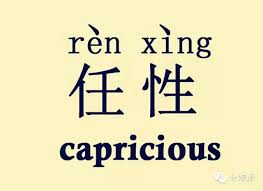
-
蛋糕 [dàn gāo]
noun. cake
蛋[dàn] egg
糕[gāo] cake, pastry
We need more word tests because we want to win more cakes ^_^.

-
noun [ˈdɒɡmə]
a principle or set of principles laid down by an authority as unquestionably true.
a belief or set of beliefs that is accepted by the members of a group without being questioned or doubted
It’s true because I said so.
-
堵车 [dǔ chē]
traffic jam
堵: block up 车: car

-
阅读(yuè dú) 打折(dǎ zhé) 购物(gòu wù) 巧克力(qiǎo kè lì) 冷死了(lěng sǐ le) 排队(pái duì)
gata inclement empathy voyage ornery bankrupt
C-1. shopping…
E-1. the ability to understand and share the feelings of another…
C-2. discount..
E-2. You will have a long journey, you can say you will have …
C-3. How to describe the weather is so so cold!
E-3. the weather is unpleasantly cold or wet.
C-4. the word for reading books/newspaper
E-4. describe something bad-tempered
C-5. wait in line
E-5. when you lost all you money, you are ..
C-6. chocolate
E-6. lovely cat (spanish)
C-7. kevins age
E-7. rupis middle name
-
adjective [maɡˈnanɪməs]
Generours or forgiving towards someone lesee powerful
“Drew was magnanimous in defeat”
-
noun [gata] (Spanish)
Gata: This is a spanish word for (Female) “cat”. Male cat is gato
“esos ojos de gata”
esos: those
ojos: eyes
of: of
gata: cat (female)
“esos ojos de gata” - those (female) cat eyes
Back it up (Spanish)
Back it up (English)
-
阅读 [yuè dú]
v, n. read / reading
阅[yuè]: read; go over; review
读[dú]: read

-
adjective [ɪnˈklɛm(ə)nt]
unpleasantly cold or wet.
“the inclement weather has resulted in water leaking through my ceiling!”
-
打折 [dǎ zhé]
v, n. discount
打[dǎ]: dozen, fight, hit
折[zhé]: discount, break
e.g. There’s Singles Day discounts and promotions at online shopping malls. All the women were crazy.


-
noun [ˈɛmpəθi]
the ability to understand and share the feelings of another.
“The ability to empathise makes us human”
-
订单 [dìng dān]
noun. order for goods
订[dìng] conclude, agree on
单[dān] single, one, odd, bill
Tmall created 278 million logistics orders in last year’s singles day (11.11)

-
adjective [ˈbaŋkrʌpt]
Run out of something. Generally used in 1. financial 2. moral
“Trent is bankrupt because he lost all his money at the horse track”
“Erica is morally bankrupt because she stole a laptop”

-
巧克力 [qiǎo kè lì]
chocolate (transliteration)

-
购物 [gòu wù]
shopping
购[gòu]: buy
物[wù]: object
1111 Shopping Carniva is comming -
秋游 [qiū yóu]
autumn outing
秋[qiū]: autumn
游[yóu]: outing
Children here like to go outing in spring and autumn. We call them 春游 and 秋游. -
noun [ˈvɔɪɪdʒ]
a long journey involving travel by sea or in space.
“Meng and Fei will start their voyage back to Xi’an tomorrow”

-
noun [ˈkəːvbɔːl]
something which is unexpected, surprising, or disruptive.
a delivery in which the pitcher causes the ball to deviate from a straight path by imparting spin.
“there’s always a curveball on every project”

-
排队 [pái duì]
v. wait in line; queue up
排[pái]: arrange; put in order
队[duì]: a row of people; line
e.g. I waited in line for 2 hours to repair my laptop, but they took 10 minutes to check it and told me it works well.

-
冷死了 [lěng sǐ le]
adj. very cold
冷[lěng] cold
死了[lěng sǐ] dead
eg. 今天(today) 冷死了 。

-
adjective [ˈɔːnəri]
bad-tempered or difficult to deal with.
“Sydney funnel web spiders are ornery, so it is easy to milk them for venom”

-
玉米饼 [yù mǐ bǐng]
taco [stækəʊ]
玉米: corn
饼: round pie
taco(tacos): Mexico corn pie with vegetables, pork, beef etc.(墨西哥煎玉米卷)

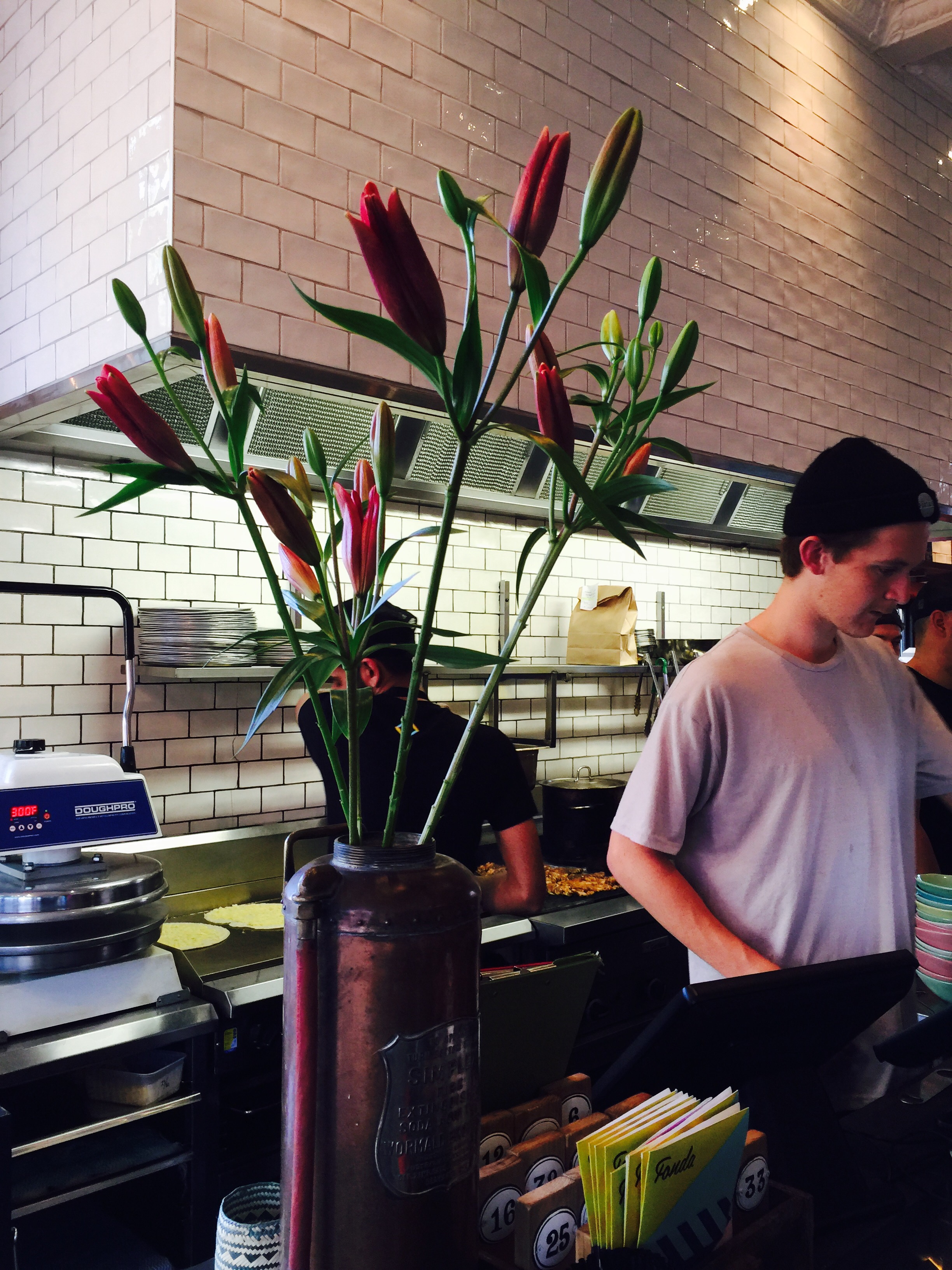

-
noun [ˌnɒn ˌkɒmpɒs ˈmɛntɪs]
A statement that means “crazy” or not sane.
Andrew Logue was non compos mentis when he camped on the weekend.
-
雾霾 [wù mái]
n. fog and haze
投[wù]: fog
票[mái]: haze
Xi'an is in 雾霾 by mist/smoke these days.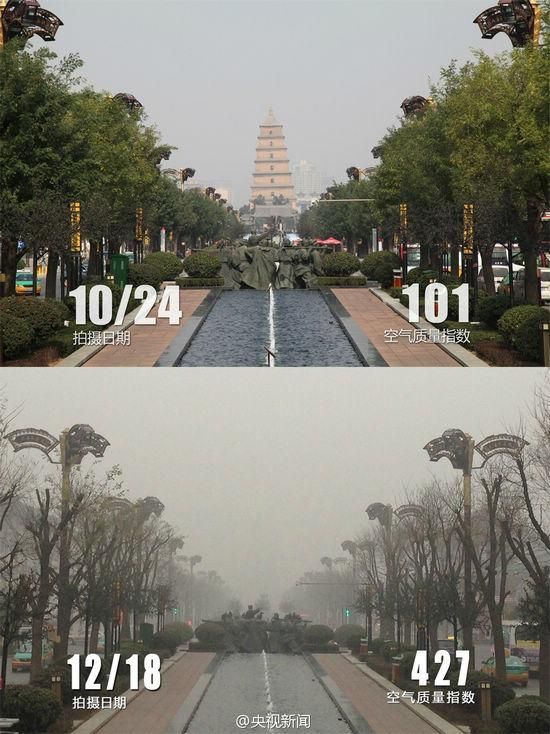
-
投票 [tóu piào]
v & n. vote
投[tóu]: throw, cast
票[piào]: ticket
e.g. Please vote(投票) for us!

-
adjective [dʒʌɪˈnɔːməs]
extremely large.
Combination of ‘gigantic’ and ‘enormous’
“Coconut crabs are ginormous”


-
不同 [bù tóng]
adj./n. difference, different
不[bù] not, no
同[tóng] same as, with
eg. There are some 不同 between British english and American english.

-
verb [ˈflʌməks]
perplex (someone) greatly; bewilder. Greatly confuse
“Fei was flummoxed to find no coconuts in her Coconut Rice”


-
肉串 [ròu chuàn]
Souvlaki [su:v’lɑ:ki]
肉: meat
串: kebab
Souvlaki: like Greek hamburger
-
noun [ˌɒksɪˈmɔːrɒn]
a figure of speech in which apparently contradictory terms appear in conjunction. when two contradictory terms are used together.
“gun safety is an oxymoron”
Other examples:
Clearly confused
Act naturally
Deafening silence
Pretty ugly
Virtual reality
Run slowly
-
tap water
自来水 zì lái shuǐ
自: self
来: come;
水: water
e.g
you can ask for tap water in restaurant -
晚上 [wǎn shàng]
晚: late; evening
上: up;
e.g
Yesterday evening(晚上) we went to a japanese restaurant. -
出差 [chū chāi]
verb. to go on an official or business trip
出[chū]: o go out
差[chāi]: mission; to commission
e.g. Fei & Meng are in Melbourne. 她们([tā men] they)在([zài] are doing)出差.
-
adjective [sɒlɪt(ə)ri/]
done or existing alone.
-
记性 [jì xing]
n. memory
记[jì]: remember, record
性[xing]: character, speciality
e.g. Xi recently have a very poor memory that he forgot the catch up and words learning. lol


-
noun [æmˈbɪv ə lənt]
Feeling two opposite (or contradicting) emotions about the same thing at the same time. For example, being happy and sad at the same time for the same reason.
“Erica was feeling very ambivalent about her last day at REA. Happy about her new opportunity, but sad to say goodbye to all her friends.”

-
祝福 [zhù fú]
vt./n. wish, bless
祝[zhù]: wish
福[fú]: good fortune
e.g. Best wishes to Erica
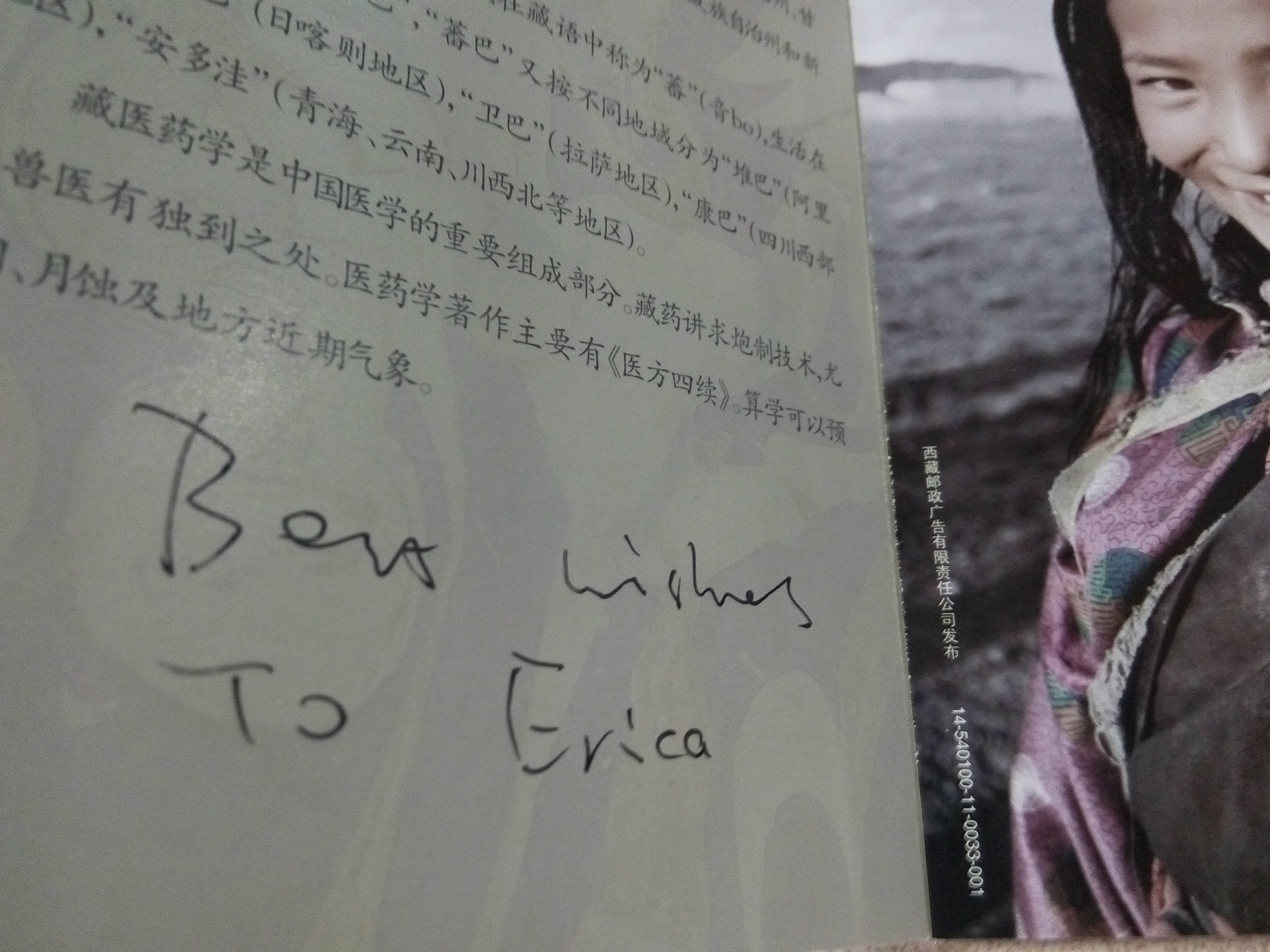
-
市场 [shì chǎng]
market
市: market 场: field
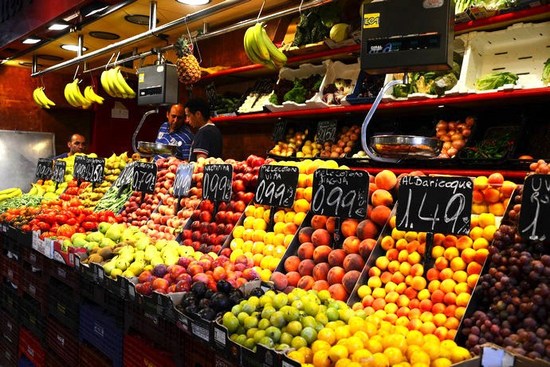

-
adjective [ɪˈmɔːt(ə)l]
living forever; never dying or decaying.
“despite our best efforts, it appears that eBrochure is immortal.”
-
纠结 [jiū jié]
tangled;
e.g
feel tangled when you make some decisions. -
noun [kəˈnʌndrəm]
a confusing and difficult problem or question.
“Is Fu Ni pregnant? It’s a bit of a conundrum.”

-
图片 [tú piàn]
noun. image
图 diagram / picture
片 small or thin piece
-
noun [ˈbʌdʒ i ˈsmʌg əlr]
An Australian slang term for tight fitting men’s swimming suits.

-
疲惫 [pí bèi]
adj. exhausted, tired
n. exhaustione.g. He dropped down into an armchair, exhausted.

-
noun [dɪsˈmeɪ]
Concern and distress when there is something unexpected
Erica was dismayed after watching the Andrew Bolt video



-
失去 [shī qù]
vt. lose, lost
失[shī] lose, miss, misktake
去[qù] go, past, leave

-
adjective [ˈrɛtɪs(ə)nt]
not revealing one’s thoughts or feelings readily.
“we are reticent to agree to building an Apple TV app until we understand the cost”
-
离开 [lí kāi]
leave;
离
leave;be away开
open;keep some distancee.g Trent needs a rest because he is the last one who 离开(leave)the office late almost every day.

-
烤肉 [kǎo ròu]
barbecue;
烤
bake;roast肉
meat;e.g
The whole REA account had 烤肉(kǎo ròu) yesterday -
verb [ˈstjuːpɪfʌɪ]
make (someone) unable to think or feel properly.
“Rupi was stupefied looking at RIES data”


-
安全 [ān quán]
noun. security
adj. safe
安[ān]:
safe / secure全[quán]:
whole / entire
e.g.
安全 is very important for an application.
-
noun [ˈkɑr goʊ kʌlt]
A practice where people do something without really understanding why, because they saw someone successful doing it and wanted to be successful themselves. For example, entrepreneurs wearing black skivvies because that’s what Steve Jobs did.
This meaning came from the behavior of several pacific island tribes who had encountered soldiers during World War Two. They noticed that soldiers often received air drops of valuable ‘cargo’, including nice clothes, food and vehicles. When the soldiers left at the end of the war, many of the indiginous tribes started cults which mimicked the behavior of those soldiers, hoping that they would start to receive air dropped cargo too. This included dressing in military-looking clothes, performing marching drills with pretend guns they made out of wood, wearing headphones they made out of coconuts, and building a life-sized model aircraft on an abandoned landing strip using twigs and leaves.
In IT, cargo culting happens when you see something that a successful product, company or individual does, then try to do exactly the same thing without actually understanding why that behaviour works.


-
推送 [tuī sòng]
v. push
推[tuī]: push, shove
送[sòng]: deliver, send
e.g.
The service offers push(推送) notifications for all of these platforms.

-
单身 [dān shēn]
adj. single
单[dān] single, one, odd, bill
身[shēn] body
Even though Trent can speak Chinese, but 他(he) 不是(is not) 单身, so he does not meet the application requirements for If You Are the One Australian Special.

-
adjective [əˈɡriːvd]
Feeling angry from being unfairly treated.
“Trents neighbours were very aggrieved after Trent left his TV on high for a week!”
-
心塞 [xīn sāi]
A popular adjective word from internet
Describes a status or sad/sorrow feeling like your heart is plugged.
Can’t breath
心
heart塞
pluge.g
心塞啊!
-
adjective [ˈplɔːzɪb(ə)l]
(of an argument or statement) seeming reasonable or probable.
“a plausible explanation”
-
紧张 [jǐn zhāng]
nervous;
紧
tighten;urgent张
stretch;e.g
我很紧张(jǐn zhāng) -
verb [dɪˈlʌɪt]
please (someone) greatly.
“receiving a push message about a property you are very interested in is definitely a delighter”

-
假期 [jià qī]
noun. holiday / vacation
假[jià]: holidays / leave
期[qī]: a period of time
-
adjective [tiˈtoʊt lər]
Someone who doesn’t drink anything with alcohol in it.
“At the REA birthday celebrations, the organizers had lots of soft drink for the teetotalers”
-
惊喜 [jīng xǐ]
non. pleasant surprise
惊[jīng]: surprise, frightened
喜[xǐ]: happiness, be fond of
e.g.
Trent’s cake gave us a pleasant surprise(惊喜).

-
adjective [əˈɡɑːst]
filled with horror or shock.
“Drew was aghast to find that there was no omniture tracking for push notifications”
-
终于 [zhōng yú]
adv. finally, eventually
终[zhōng]: end, finish
于[yú]: at, to, for
e.g. 我们(We)终于started change watch project.

-
noun [hɪˈlarɪti]
extreme amusement, especially when expressed by laughter.
“When you ask reddit to “please photoshop away the kid”, much hilarity is bound to follow”
-
忐忑 [tǎn tè]
perturbed
忐:composed of 上(shàng) and 心(xīn)
忑:composed of 下(xià) and 心(xīn)
上: up
下: down
心: heart
e.g Kevin feels very 忐忑 when deploying Jetwire.

-
adjective [ˌɑrməˈɡɛdᵊn]
The place where (according to the Christian Bible) a battle will take place which ends the world. It is also commonly used to describe anything which feels like “the end of the world”.
Like Omniture changing its tags. ;)
-
一起 [yì qǐ]
do sth together
一
one;same起
start;appeare.g 一起吃饭(chī fàn)
-
adjective [əˈluːf]
Someone not friendly or distant.
-
银行 [yín háng]
nonu. bank
银: silver
行: the position of a kind of business

-
verb [strəʊl]
walk in a leisurely way.
“I took a stroll around the riverbank”
-
数据 [shù jù]
non. data
数[shù]: number
据[jù]: evidence
e.g.
They said their computers have been hacked and rewritten some 数据(data).

-
信心 [xìn xīn]
nonu. confidence
信[xìn]: believe, faith, letter
心[xīn]: heart, mind
e.g.
We have 信心 to get everything done.

-
adjective [əˈdju]
Goodbye, farewell
-
抓狂 [zhuā kuáng]
get crazy
抓
scratch狂
be crazye.g
Pagerduty from jetwire makes Trent 抓狂
-
verb [dɪˈpliːt]
When you have used up the supply or resources.
My energy is depleted today!
-
放松 [fàng sōng]
relax; take it easy
放
release;put松
loose; pinee.g
do something to relax(放松 fàng sōng) yourself -
adjective [ˈtraŋkwɪl]
free from disturbance; calm.
“the sea was tranquil”

-
朋友 [péng yǒu]
noun. friend/friends
Both 朋 and 友 means
friend/friendsexample:
Fei和Jesse是好朋友。 Fei & Jesse are good friends. -
晨曦 [chén xī]
nonu. morning light, first rays of the morning sun
e.g.
Dewdrops sparked in the 晨曦

-
蜘蛛 [zhī zhū]
nonu. spider
e.g. Though they look scary, 蜘蛛 are very good friends to human beings becuase they destroy so many insects to protect our crops.
One question, Are 蜘蛛 themselves insects?
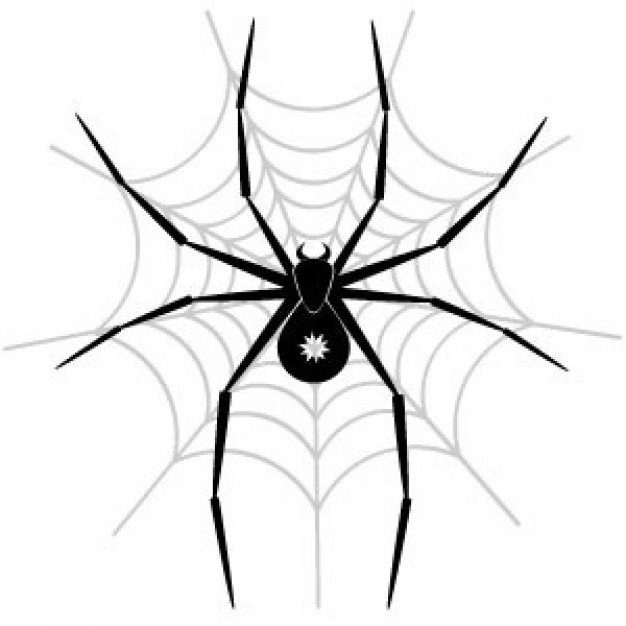
-
verb [sɪft]
-
put (a fine or loose substance) through a sieve so as to remove lumps or large particles.
-
examine (something) thoroughly so as to isolate that which is most important.
“I have uncovered lots of interesting information while sifting through change-log”

-
-
冰水 [bīng shuǐ]
水 shuǐ : water
冰 bīng : ice,icy
e.g. What would you like to drink? 冰水, Please.

-
宠物 [chǒng wù]
noun. pet
宠
dote on;beloved物
object; animale.g Erica has a pet
Erica 有(has)一个(a) 宠物(pet) -
adjective [/ˌɛf ərˈvɛs ənt/]
Bubbly!

-
###
accentuate - to make things more noticeable or prominet.
-
邮箱 [yóu xiāng]
noun. mail box
邮
Mail/post, to mail/post箱
box -
司机 [sī jī]
noun. Driver
e.g. Is Lulu a good driver?

-
noun [nɪˈmɒnɪk]
a system such as a pattern of letters, ideas, or associations which assists in remembering something. “We plan to pursue all available avenues to achieve our team goals”

-
noun [uh-sem-blij]
A gathering
-
团聚 [tuán jù]
adj. Reunite
e.g. We reunite together fiiiinaaaallyyyyy!
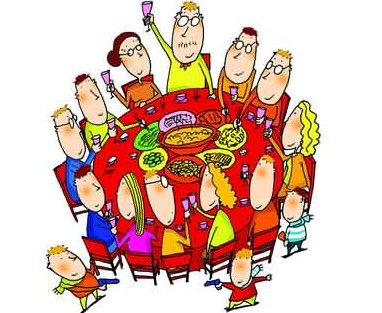
-
adjective [deɪˈnuːmɒ̃]
The final explanation and resolution of a mystery or complex story

-
产品 [chǎn pǐn]
adj. product
产
produce品
grade;product; taste sthdeliver 产品[chǎn pǐn]
-
adjective [ˈtʌɪmli]
done or occurring at a favourable or useful time; opportune.
“Meng’s show & tell about what to see in Beijing was timely”
-
重要 [zhòng yào]
adj. important
重
heavy / serious要
will or want to / important -
noun [ˈɛləkwəns]
The art of using language in an apt fluent way.
“a leader of great power and eloquence”
-
电梯 [diàn tī]
elevator
电[diàn] electricity
梯[tī] ladder
There are a lot of people in the elevator at 9 am every morning.

-
noun [əˈbəʊd]
a place of residence; a house or home.
“This time next week we will be at our temporary abode in Hong Kong”
-
淘宝 [táo bǎo]
treasure hunt
淘[táo] use water to wash away impurities/pick … from …/hunt
宝[bǎo] treasure
Jessica Rudd, whose father Kevin Rudd was Australian Prime Minister between 2007 and 2010 and again in 2013, has opened an online store at Taobao.

-
adjective [ˌsuːpəˈfɪʃ(ə)l]
Something which is only on the surface of something larger.
“These changes are only superficial, just some CSS tweaks.”
-
胡同 [hú tong]
Alleyway
The general name that people describe narrow alleyways in North of China.
There are many old-timey alleyways in Beijing.

-
noun void [vɔɪd]
The emptiness and lack of life that is space.
-
欢迎 [huān yíng ]
welcome
e.g 欢迎Kevin加入

-
noun [ˌsuːpəˈfɪʃ(ə)l]
-
a broad road in a town or city, typically having trees at regular intervals along its sides.
-
a way of approaching a problem or making progress towards something.
“We plan to pursue all available avenues to achieve our team goals”

-
-
地图 [dì tú]
map
地
ground图
picture; chart; drawing; mape.g Australia 地图 [dì tú]
-
adjective [pɪˈnʌltɪmət]
Second last. (Last is ‘ultimate’).
“We are about to pick up the penultimate card for the Communication Settings page.”
-
粽子 zòng zǐ
a pyramid-shaped dumpling made of glutinous rice wrapped in bamboo or reed leaves (eaten during the dragon boat festival)
on Dragon Boat Festival, all Chinese eat Zong Zi.
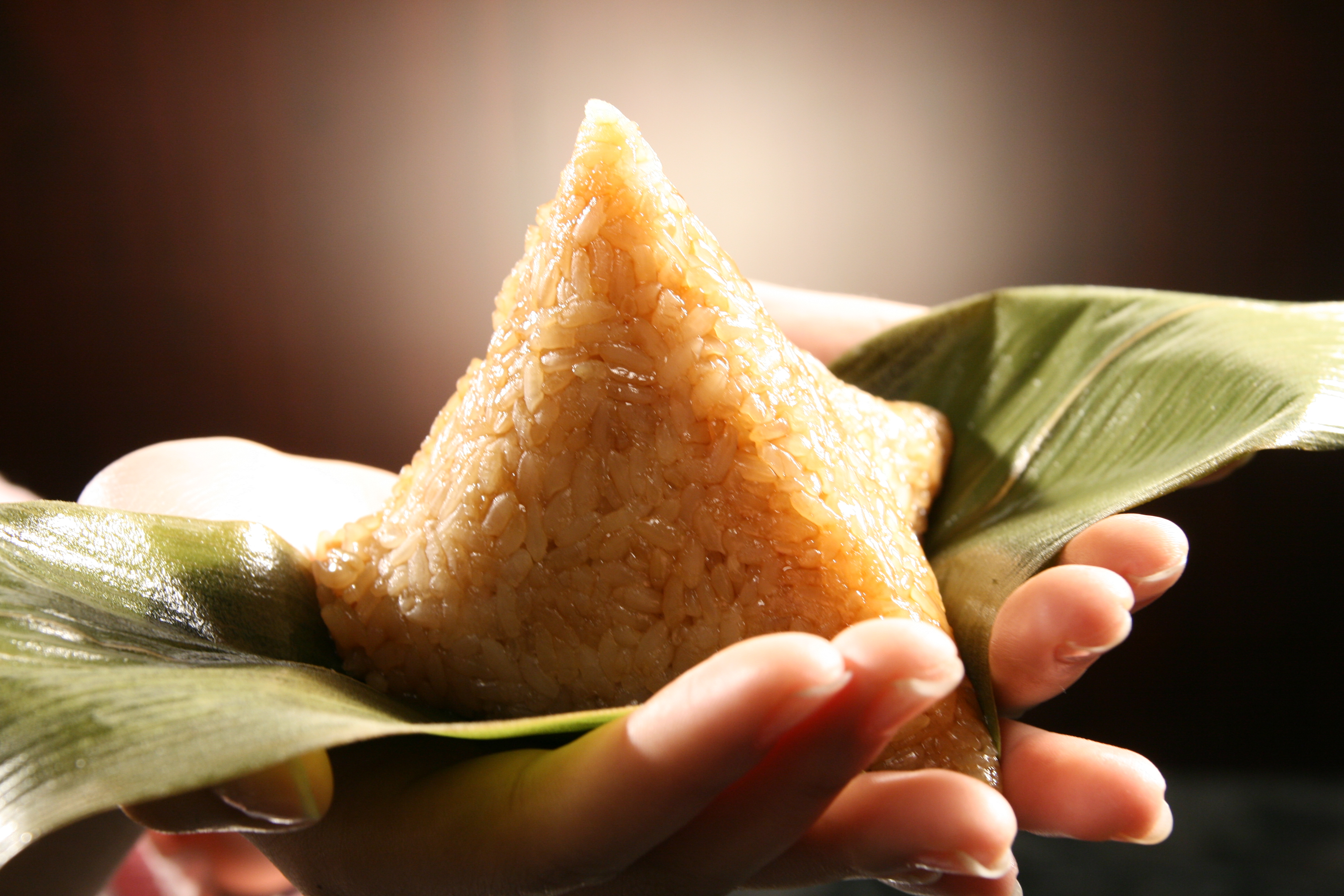
-
adjective [/ˌdɪsɪnˈdʒɛnjʊəsŋ/]
Not really sincere.
“Herry has been disingenuous about wanting us to travel to Xi’an”
-
人山人海 [rén shān rén hǎi]
“People mountain people sea” / crowded
Tooooooo many people, which look like a mountain or ocean composed of people.
人 rén : people
山 shān : mountain
海 hǎi : ocean
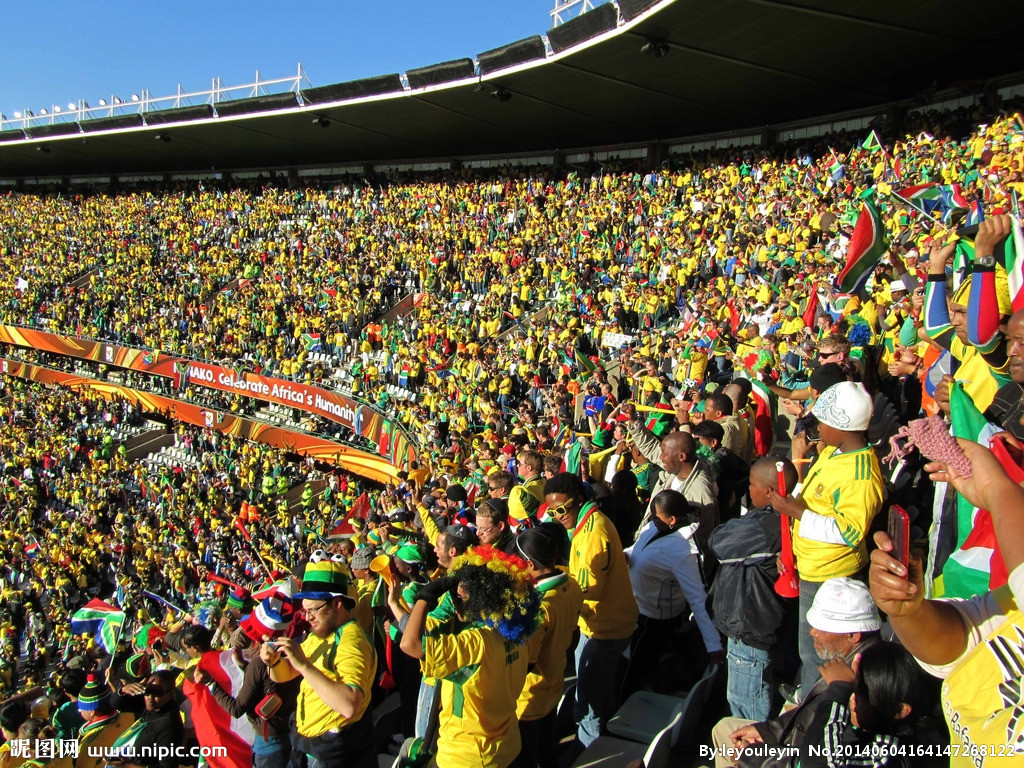
-
noun [ɪˈpɪf(ə)ni,ɛ-]
a moment of sudden revelation…
“right then and there i had an epiphany”



-
长城 [cháng chéng]
Great Wall
长
long城
city, city wall
-
noun [kjʊərɪˈɒsɪti]
a strong desire to know or learn something.
“My son’s curiosity about everything allows me to explore the answers to questions that I have never thought about before”

-
秘密 [mì mì]
secret
秘
secret; mysterious密
close;secret; densee.g 秘密 in the box
this is secret 这是秘密 -
noun [ˈi θər]
(Sometimes spelt “ether”)
A imaginary invisible material that the ancient Greeks believed filled the universe. They called it “the fifth element” (earth, air, fire, water, aether). The word is now used to describe something that is invisible, intangible, and impossible to find.
“It disappeared into the aether”
-
二叉树 èr chà shù
binary tree
二 two/binary 叉 branch/split 树 tree

-
一心一意 [yī xīn yī yì]
一: one 心: heart 意: mind
Be concentrated to something/someone.

-
noun [ˈɔːtəʊdɪdakt]
a self-taught person
“Jimi Hendrix was the greatest autodidact guitarist ever”

-
叶公好龙 [yè gōng hào lóng]
pretend to like something which one really fears
叶公
Lord Ye好
like龙
dragone.g.
Xiaojun like scala, that is 叶公好龙.
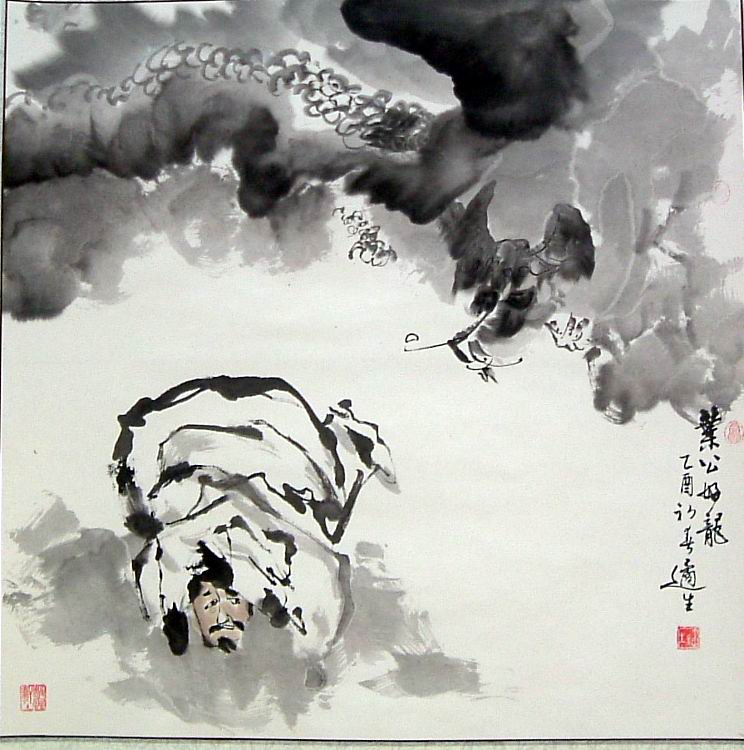
-
adjective [/ˈkʌn ɪŋ/]
Able to get something done, by being clever and a bit sneaky.
“Matt is good at coming up with cunning plans”


-
回来 [huí lái]
come back
回
return来
comee.g come back(回来) to work on Monday.
-
noun or verb [ləˈmɛnt]
Feeling bad about something.
“Trent is lamenting not having new laptops for everyone in the team”
-
水货 [shuǐ huò]
smuggled goods
水
water货
goods水货手机
smuggled phonesAt the beginning, the smuggler in China transport goods which are highly taxed to the domestic by sea. So called like
goods on water. -
狮子 shī zi
lion
狮 lion 子 just a suffix

-
adjective [ɪnˈɛfəb(ə)l]
too great to be expressed in words
“the ineffable mysteries of the soul”
-
adverb & adjective [vəːˈbeɪtɪm]
in exactly the same words as were used originally.
“let’s just use that bit of code verbatim, its proven to work well”
-
秒杀 [miǎo shā]
It’s used to describe the situation that all the buyers rush to purchase some goods with a low price on the internet. Sometimes it just takes one second that all the goods are sold out.
秒 second 杀 kill
e.g Prepare to 秒杀 tonight at 12:00 o’clock.

-
noun [snæˈfu]
A situation which is very out of control and confusing.
(Originally came from : “(s)ituation (n)ormal, (a)ll swear word (u)p”)
“So no ads are showing up on the website? And we don’t know why? That’s a bit of a snafu.”
-
吃货 [chī huò]
someone really like eatting
吃 eat 货 thing
e.g Xiaoming 是个吃货.
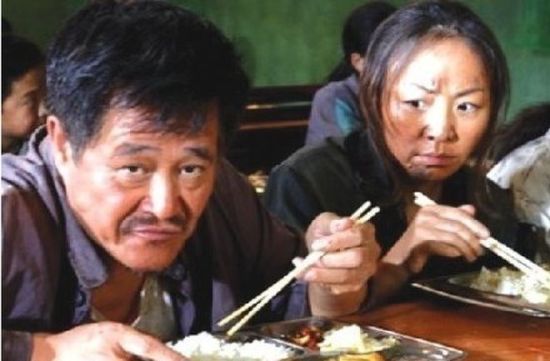

-
cake
You know what its all about ;)
-
成功 [chéng gōng]
Success
成
achievement功
worke.g This plan was a great 成功(chéng gōng).
-
adjective [ˌɪrɪˈdɛs(ə)nt]
producing a display of rainbow like colours. showing luminous colours that seem to change when seen from different angles.
“iridescent colours came in combinations of deep reds, purples, golds, and greens.”
-
失败 [shī bài]
failure
失
lost败
lose -
好(hǎo)
ok/good
好的(hǎo de) ok
好吗?(hǎo ma) ok?
好啊!(hǎo a) ok!
好吧…(hǎo ba) ok…
好了(hǎo le) now things are ok
好啦!(hǎo lā) ok,that’s enough!

-
noun [liːt spiːk]
an informal language or code used on the Internet, in which standard letters are often replaced by numerals or special characters.
The sentence “Today’s word is leetspeak” can be written in leetspeak as “70d4y5 w0rd 15 l3375p34k”
-
adverb [ˈstɪk iˌbik]
Someone who meddles, or who is inquisitive. Normally means that someone is trying to get information that is not meant for them.
“I don’t really need to go to the meeting, but I will be a stickybeak and go anyway.”
-
欢迎 [huān yíng]
Welcome
欢 happy
迎 welcome
e.g.
欢迎 you guys come to Xi'an again.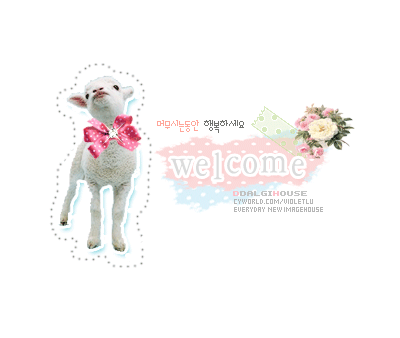
-
adverb [ˈviːɪm(ə)nt]
Characterized by forcefulness of expression or intensity of emotion or conviction; fervid: a vehement denial.
“I vehemently disagree that I have to do a word after missing your word, as cake covers this…”
-
noun
Deindividuation is based on the word “individual”.
The “de” means the opposite - so “anti individual”
The “ation” in the word means “an action or instance”.
So working that through, it is “The instance of anti individauls”.
Deindividuation is a concept in social psychology that is generally thought of as the loss of self-awareness in groups.
Generally, being an ‘internet bully’ or ‘riotor’ comes from the deindividuation of something or somebody.
-
(╯ ̄Д ̄)╯╘═╛ [xian zhuo]
掀桌 [xian zhuo]
掀 flip
桌 table
e.g.
Debug on jetwire is so painful that I want to (╯ ̄Д ̄)╯╘═╛
ruby version
def ╯#-_-)╯┴—┴ puts "(╯#O_o)╯┴—┴ )" end ╯#-_-)╯┴—┴ -
痛苦 [tòng kǔ]
painful
痛
pain苦
bittere.g it is 痛苦(tòng kǔ)的(de) to debug on Jetwire
-
noun [ˈwɒtʃəməˌkɔːlɪt]
A word used when the actual name of the object in question will not come to mind.
“Time dilation experienced by astronauts in spaceships going very fast is explained by the general theory of, uh, you know, whatchamacallit”
-
聪明 [cōng ming]
clever / intelligent / smart
聪 [cōng]
quick at hearing / wise, intelligent明 [míng]
bright -
noun [/krækt it/]
To get very angry, and lose your temper
(Not to be confused with…)
noun [/krækt up/]
To laugh very loudly
-
大大 [dà dà]
usually 大大 is the elder brother of your father
many Chinese People call our chairman XI Jinping as Xi 大大.
-
defenestrate [diːˈfɛnɪstreɪt]
- to throw someone out the window
“We want to defenestrate Dave Collins if we cannot do Push Notifications”
(Thanks Mei for the word!)
-
动物 [dòng wù]
mammal
动:moving
物:thing
e.g
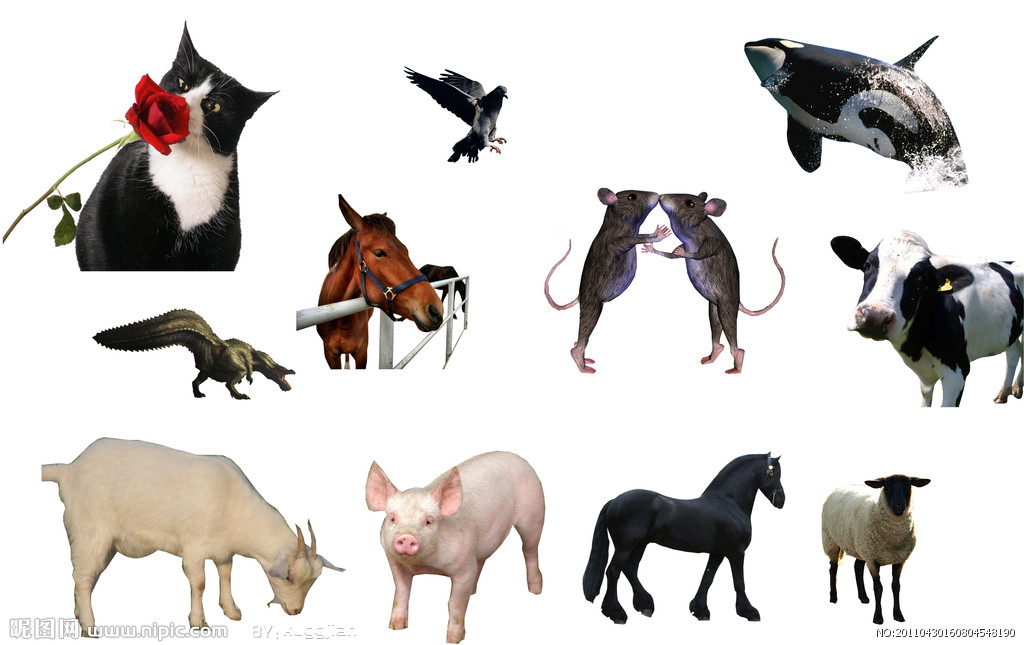
-
noun [/ˈdɔŋ gəl/]
A dongle is a small piece of hardware that attaches to a computer, TV, or other electronic device in order to enable additional functions such as copy protection, audio, video, games, data, or other services. These services are available only when the dongle is attached.

-
有趣 [yǒu qù]
funny, interesting
有: have
趣: fun
e.g 有趣的人(person),有趣的事情(thing)

-
noun [ˈfɪlɪp]
something which acts as a stimulus or boost to an activity.
“Completion of the important groundwork for push notifications has provided a fillip to the morale in the team”
-
银行 [yín háng]
bank
银
silver行
trade;industry;e.g withdraw money from 银行(yín háng)
-
dibs [dɪbz]
- to make a claim on something
“I have dibs on the big piece of cake”
-
便利贴(biàn lì tiē) 淘气(táo qì) 比赛(bǐ sài) 时尚(shí shàng) 非诚勿扰(fēi chéng wù rǎo)
brisk seriatim telepathic articulate subjective

1C. If you want to describe an 8-year-old boy…
2C. The TV show brother Trent loves…
3E. If someone describes something based on personal feelings or opinions…
4E. If someone can hear what other people are thinking…
5C. What we always use to write down stories…

6C. What Lu and Meng win…
7E. If I walk too fast, you can say…
8E. How to describe Erica that she always explain anything clearly…
9C. Want to describe a fashion person…
9E. The form we play story cards from the wall…
-
便利贴 [biàn lì tiē]
Sticky/Post-it
便 Convenience
利 Beneficial, Useful
贴 Stick, Paste
to make an origami cube, you need 6 pieces of 便利贴。
-
brisk [brɪsk]
- to do something in a hurry
- generally used to describe ‘walking fast’.
“I had a brisk walk in the morning”.
-
权威 [quán wēi]
authority
权 [quán]
authority / power / right威 [wēi]
power / prestige -
adverb [ˌsɪərɪˈeɪtɪm]
taking one subject after another in regular order; point by point
“The Accounts & Notifications team decided to take the projects on the roadmap seriatim”
Rough Chinese translation (thanks Google): 逐一
-
淘气 [táo qì]
naughty
e.g.
你真淘气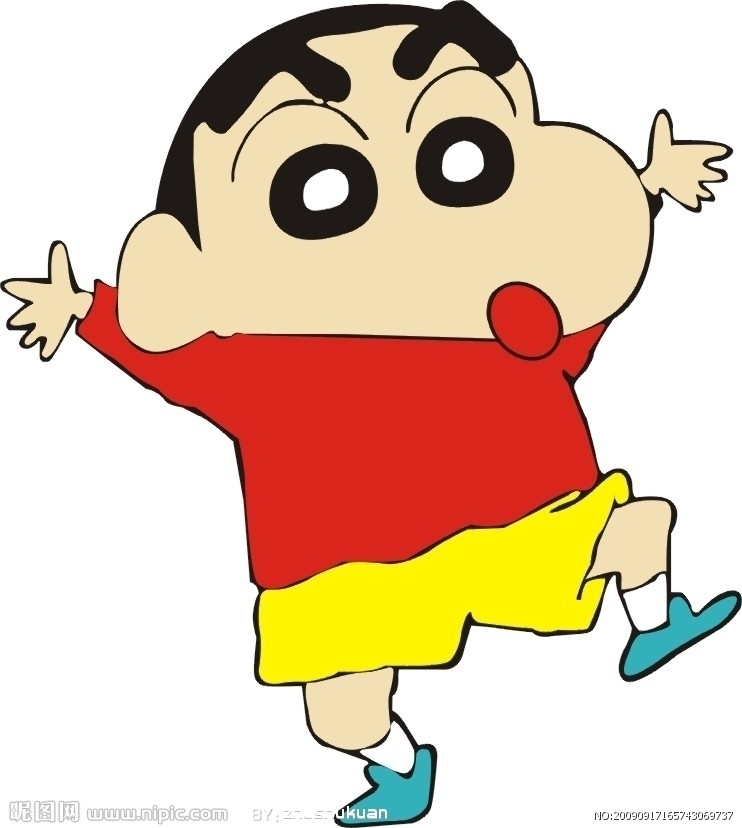
-
telepathic [ˌtɛlɪˈpæθɪk]
- someone who can hear what other people are thinking.
“You did exactly what I wanted, even though I didn’t tell you what it was. You must be telepathic!”
-
比赛 [bǐ sài]
game ; competition ; tournament
比
compare to赛
game; conteste.g we had a very interesting 比赛(bǐ sài)yesterday
-
tardy [ˈtɑːdi]

adjective
- something late or delayed
Mat Adams is always tardy (for standup).Please forgive this tardy replyCome on guys! Did you really think I’d use this word again!? ;) This is the real word:
articulate [ɑːˈtɪkjʊlət]
adjective
- Being able to talk and have something make sense
Erica Smith is able to articulate things well. -
时尚 [shí shàng]
fashion
时 [shí]
time / when / period -> something related with time尚 [shàng]
to esteem / to praise highly because it's goode.g
今天(jīn tiān)是时尚日(rì)Today is fashion day. -
adjective [səbˈdʒɛktɪv]
based on or influenced by personal feelings, tastes, or opinions.
“The terrible bad manager that said his delivery team was slow, didn’t have any data points to prove it. So the team was able to tell him that his subjective opinion was not welcome!”
-
非(fēi) 诚(chéng) 勿(wù) 扰(rǎo)
-
no sincerity, no bothering
-
if you are the one
MENG Fei(mèng fēi) is the host of the 非诚勿扰。 -
-
enduring [en-doo r-ing]
adjective
lasting over a period of time; durable
“the product manager’s enduring fascination with solution scalability”
-
炎热 [yán rè]
burning hot
火 huǒ : fire
e.g
The weather is 炎热
-
想起 [xiǎng qǐ]
remember
想
think起
risee.g 想起(xiǎng qǐ) put the word
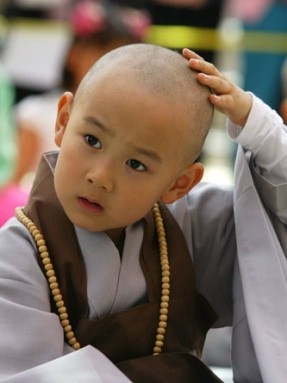
-
under the pump
This is an idiom (slang) that is sometimes used in colloquial Australian English.
It means, ‘stressed’ or ‘under pressure’.
“Trent is under the pump to come up with a word for today”
for wikitonary:
“Workers can be quite literally under the pump if a concrete pour is occurring and the steel reinforcing and form-work is still being finished. The concrete pump would be reaching out above the workers, who would be completing their duties at a frantic pace. Once the concrete has been delivered, the ‘pour′ must occur ASAP or it may begin to set. Hence being under the pump describes the situation of working at feverish pace to meet a specific deadline.”
-
忘记 [wàng jì]
forget
忘
forget记
remembere.g 忘记(wàng jì) put the word
-
上班 [shàng bān]
to go to work
上
up, as a direction / to go to, as a verb班
work shift上学
to go to school学 [xué]
learn / study -
polyglot [ˈpɒl iˌglɒt]
Someone who is able to write or speak in lots of different languages.
“Our team has a lot of polyglot programmers”
-
折纸 [zhé zhǐ]
origami
折 fold 纸 paper
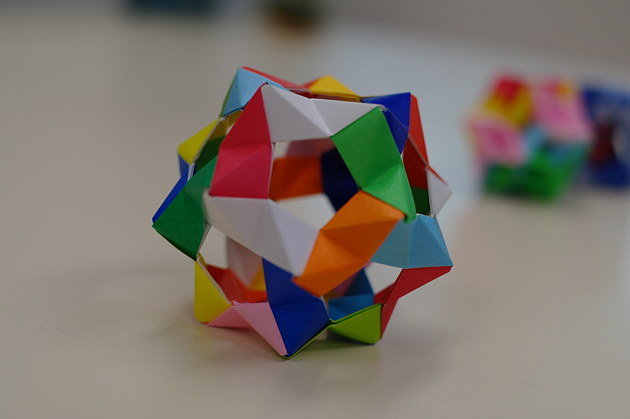
-
tarde [’taɾde]
A latin based word (Tardus) that is common in Spanish that is used in English as another way of saying someone is ‘late’ or ‘slow’.
This is another Spanish word that is used in english converstations, like ‘gracias’ or ‘ciao’.
“You are tarde today”
“Erica has been tarde in buying a cake for the team”
-
庆祝 [qìnɡ zhù]
celebrate
e.g
庆祝fruition! Celebrate for fruition!
-
夜晚 [yè wǎn]
evening
night
e.g 美丽的夜晚
beautiful night

-
fruition [frʊˈɪʃ(ə)n]
Realization - the state of being real or complete
“When the wombats released the communication platform, a long project had been brought to fruition”
-
明亮 [míng liàng]
bright.
明 bright
亮 bright;shining
e.g Bright Eyes
明亮 的(de)眼(yǎn)睛(jīng)
-
stalagmite [ˈstaləɡmʌɪt]
a mound or tapering column rising from the floor of a cave, formed of calcium salts deposited by dripping water and often uniting with a stalactite.
“The ‘Messages ready to send’ graph on the dashboard looks like stalagmites”

-
patisserie [pəˈtɪs ə ri]
A shop that sells cakes and pastries
“If I forget to do word two more times, I will need to go to the patisserie!”
-
周末 [zhōu mò]
weekend.
周 zhōu
week末 mò
the end周末愉(yú)快(kuài)!Happy a nice weekend.愉(yú)快(kuài) means
happylike开心、快乐 -
didgeridoo [ˌdɪdʒ(ə)rɪˈduː]
- an Australian Aboriginal wind instrument in the form of a long wooden tube
.jpg)
-
完美 [wán měi]
perfect
e.g Perfect plan! 完美的计划

-
宅男 [zhái nán]
indoorsman.
技术宅男 [jì shù zhái nán]
geek
技 jì: technicial 术 shù 宅 zhái: house 男 nán: man
e.g XY是个宅男

-
天气 [tiān qì]
weather.
天 tiān: day
气 qì: air; gas
e.g The weather is good 天气很好
-
bedlam [ˈbɛdləm]
noun \ˈbɛdləm\
- a scene or state of wild uproar and confusion.
“there was bedlam in the retro”
-
跳舞 [tiào wǔ]
dance.
跳 tiào
jump舞 wǔ
dance -
petrichor [ˈpɛtrʌɪkɔː]
noun \ˈpɛtrʌɪkɔː\
- a pleasant smell that frequently accompanies the first rain after a long period of warm, dry weather.
“other than the petrichor emanating from the rapidly drying grass, there was not a trace of evidence that it had rained at all”
-
schlep [/ʃlɛp/]
To carry something or move slowly and tediously.
“Can someone give me a lift? I don’t want to schlep all the way there by bus.”
-
孤独 [ɡū dú]
lonely.
孤独一人:just one person alone here.

-
颜色 [yán sè]
color.
红 hóng
red橙 chéng
orange黄 huáng
yellow绿 lǜ
green青 qīng
cyan蓝 lán
blue紫 zǐ
purple -
peninsula [/pəˈnɪns yə lə/]
An area of land almost completely surrounded by water except for a small, narrow strip of land connecting it with the mainland.
-
什么 [shén me]
what
e.g What is it?
是什么?
-
too easy [tuː ˈiːzi]
slang, various locations \tuː ˈiːzi\
- Another way of saying “I understand, I’m all over it”
Not to be taken literally, may be used even if the said task is not easy at all
“Delivery Lead: Hey Joe, would you be able to stop what you are doing and pick up feature number 75 from the wall instead? Its become quite urgent”
“Joe: Sure, too easy”
-
新闻 [xīn wén]
news
新:
new闻:
hear; smelle.g today‘s news
今天的新闻
-
slack
adjective /slak/
- Being a bit lazy
“Trent has been slack updating word for the day”
- not taut or held tightly in position; loose.
“not enough slack in the rope”
-
师父 [shī fu]
master, qualified worker
徒儿 [tú er]
disciples
师:
master; teacher; expert;父:
farther徒
apprentice; disciple;儿
sone.g
最著名的师父与徒弟 The famous master and apprentice


-
发布 [fā bù]
release
发:
hair;send out;布:
fabric;announce;spreade.g We released yesterday
我们昨天(zuó tiān)发布了
-
fotiaoqiang / God Use VPN
noun
佛跳墙
- fó tiào qiáng
- buddha jumps over the wall / a famous traditional Chinese dish / Steamed Abalone with Shark’s Fin and Fish Maw in Broth.
- God use VPN
-
元宵节 [yuán xiāo jié]
元宵:
sticky rice dumplings节:
festival灯笼:
lanternExample:
在[zài]元宵节,我们都[dōu]会[huì]吃[chī]元宵、挂[guà]灯笼。 In the Lantern Festival, all of us will eat sticky rice dumplings and hang lanterns. -
opportune [ˈɒpətjuːn]
adjective \ˈɒpətjuːn\
- (of a time) especially convenient or appropriate for a particular action or event.
“he couldn’t have arrived at a more opportune moment”
-
春[chūn] 天[tiān]
春:
spring天:
day; sky春夏秋冬 chūn xià qiū dōng
spring summer autumn winter
春天
夏天
秋天
冬天
Example:
- 春天来了 - spring is coming -
contrary [/kənˈtrɛər i/]
Used to describe a person who argues just because they want to, not because they actually care about what they are arguing about.
It is mostly known in English because of a children’s song:
“Mary, Mary, quite contrary, how does your garden grow?”
-
电[diàn] 影[yǐng]
noun.
电:
electronic影:
image/picture/reflection/shadowPattern:
电X: describe something powered by electronic 电 + 话(speak) = telephone 电 + 灯(light) = light 电 + 视(vision) = television 电 + 梯(ladder) = lift/elevator ...Example:
- 我们去看电影吧 - let's go to watch a movie -
duang / 成龙
adj.
- with special effects
Example:
- duang~duang~duang~ I have blackish hair! -
grace [/ɡreɪs/]
gracias (grah-thee-ahs)
Gracias and grace are derived from the Latin word gratus, which had meanings such as “pleasing,”
Gracias is a common word used in Spanish (and also in some English conversations) to say ‘Thank you’.
-
benevolent [bɪˈnɛv(ə)l(ə)nt]

adjective \bɪˈnɛv(ə)l(ə)nt\
- If someone is Benevolent, they are very kind and nice to people.
“Rupi is benevolent as he reminds Mat to do the word when it is his turn”
-
棒 [bàng]
adj.
- Great/Awesome
Example:
- 真 zhēn : very - 你 nǐ (You) 真 zhēn (are very) 棒 bàng (Awesome)! -
rationale [ˌraʃəˈnɑːl]

noun \ˌraʃəˈnɑːl\
- a set of reasons or a logical basis for a course of action or belief.
“he explained the rationale behind the change”
-
酷[kù]

adj.
- ruthless (the original meaning)
- cool (extended meaning)
e.g.
-
你[nǐ]太[tài]酷[kù]了[le]
you’re super cool.
-
酷[kù]毙[bì]了[le]
cool cool cool.
-
haggle [/ˈhæg əl/]
Negotiate a cost for something. Normally, each person picks an unreasonable amount, and then they eventually agree at a mid-point.
- Trent might need to haggle with Herry if we need more people on our team.
-
左右 zuǒ yòu
左: left
右: right
example:
左边 zuǒ biān: left side
左手 zuǒ shǒu: left hand
-
羊 yáng
goat, sheep
山羊(shān yáng): goat
绵羊(mián yáng): sheep
2015 is the year of the goat.
生肖(shēng xiào): the Chinese Zodiac
The bronzes(sculptures) were once part of a fountain that displayed the 12 animals of the chinese zodiac at the old summer palace.
-
dale

dale is not an english word but instead a Spanish interjection.
The singer Pitbull has made this word famous by using it at least 3 times in every song he has made.

-
兄妹 xiōng mèi
the relation of elder brother and younger sister
兄 xiōng elder brother
弟 dì younger brother
姐 jiě elder sister
妹 mèi younger sister
兄弟姐妹brothers and sistersSample:
Fei and Trent are 兄妹 -
ataraxy [ˈatəraksi]

noun \ˈatəraksi\
-
a state of serene calmness.
-
a state of freedom from emotional disturbance and anxiety; tranquillity.
-
-
knackered [ˈnakəd]

adjective \ˈnakəd\ 1. extremely tired.
“you look absolutely knackered”
-
萌萌哒 méng méng dā
萌: adj. Cute, Lovely
哒: an auxiliary word and means nothing. Actually it is “的”, but this word “哒” looks more cute than “的”.
Example:
# When you want to express something or somebody really cute, you can use this phrase.
- I feel myself 萌萌哒 today because I wear a really cute T-shirt. - 你 nǐ (You) 好 hǎo (are very) 萌 méng (cute). -
oblivious [/əˈblɪv i əs/]
Not knowing anything at all
- Rupi told me it was my turn to do word… But I was oblivious!
-
等等 děng děng
等: equal; wait; grade/class; and so on/.etc
Example :
等等 wait
1 + 1 等 2
The first prize 一等奖(jiang)
-
equilibrium [/ˌiːkwɪˈlɪbrɪəm,ˌɛkwɪ-/]
noun: when different forces balance out
There are roots in the word ‘equal’. Equilibrium: A well balanced state of mind.
- “The task of maintaining equilibrium”
- “Nash equilibrium in Game Theory”
-
春天 chūn tiān
Spring
春: Spring
天: day
春节(chūn jié): Spring Festival
节(jié): Festival
Sample 1: 春节快乐 Happy Spring Festival
Sample 2: 春天 is comming~
-
groundwork [ɡraʊn(d)wəːk]
noun \ɡraʊn(d)wəːk\ 1. preliminary or basic work.
“let’s lay the groundwork for push notifications work”
-
但是 dàn shì

but / however
Sample:
It's good, but ... / 很好,但是…… -
tacit [/ˈtæs ɪt/]
Understood without actually being said.
“I asked on slack if anyone was worried about deploying and no one answered, so I had tacit approval.”
-
别磨叽 [bié mò ji]
别 don’t
磨叽 dawdle
E.g.
快(kuài) 点(diǎn), 别(bié) 磨叽(mò ji)
-
慢点 màn diǎn
走路 zǒu lù
慢点 slow down
慢: slow
点: a little, tiny; dot;
走路 walk, on foot
走: walk,wend
路: road
Example : Icy road, 慢点走 请慢点, Wait for me
-
Question 1: When Mat is late, he is….
Question 2: When Erica starts talking about games when she started talking about work
Question 3: When Rupi says things to make us feel good and want to improve
Question 4: When we are a massive unstoppable force taht crushes everything in our path
Question 5: Trent is enjoying eating
Question 6: Something that you say when you are annoyed at yourself
---------------------------------------------------------------------------------------------------------------------------------
boostdrat
tardy
juggernaught
nom nom
digress
-
C-1.Slow down.
E-1.While talking, letting the topic wander away from the main purpose, or the thing which you are supposed to be talking about.
C-2.City.
E-2.An exclamation, to show that something unwanted or unplesant has occurred.
C-3.Moring.
E-3.Help or encourage (something) to increase or improve.
C-4.Plan.
E-4.A massive unstoppable force that crushes everything in its path.
C-5.Hurry up.
E-5.Something late or delayed.
C-6.Wombat.
E-6.Express pleasure at eating, or at the prospect of eating, delicious food.
---------------------------------------------------------------------------------------------------------------------------------
计划 jì huà 早晨 zǎo chén 袋熊 dài xióng 城市 chéng shì 慢点 màn diǎn 快点 kuài diǎn
boost digress tardy juggernaut drat nom nom -
袋熊 dài xióng
袋熊 wombat
袋熊侠 wombat man
袋: bag
熊: bear
侠(xiá): man, esp when describe super heros, we use 侠 for the word man.
Example : Our team name is 袋熊侠
-
boost [buːst]

verb \buːst\ 1. help or encourage (something) to increase or improve. “a range of measures to boost tourism”
-
快点 kuài diǎn
快点!Hurry up
快: hurry up
点: a little, some
Example : 快点!It’s time for stand-up!
-
drat [/dræt/]
An exclamation, to show that something unwanted or unplesant has occurred.
“Drat! I forgot to put my word up before stand up!”
-
tardy [ˈtɑːdi]

adjective
- something late or delayed
Mat Adams is always tardy (for standup).Please forgive this tardy reply -
计划 jì huà

the plan / to plan
计
to calculate划
to scratch a surfaceSample:
We 计划 everyone wear plaid shirt today. -
早晨 [zǎo chén]

morning
E.g.
we have a standup meeting mei(每) tian(天) zao(早) chen(晨)

-
juggernaut [ˈdʒʌɡənɔːt]
noun \ˈdʒʌɡənɔːt\
- A juggernaut is a massive unstoppable force that crushes everything in its path
Lets keep the our accounts and notifications juggernaut delivering!- a large, heavy vehicle, especially an articulated lorry.
the juggernaut thundered through the countryside- a huge, powerful, and overwhelming force.
the juggernaut of public expenditure -
nom nom [nɒmˌnɒm]
exclamation \nɒmˌnɒm\
- used to express pleasure at eating, or at the prospect of eating, delicious food.
Xi'an style cumin lamb ribs for dinner, nom nom!- noun. delicious food.
there were all kinds of nom noms—onion rings, hot dogs, burgers, and fries -
城市 chéng shì

city
-
digress [/dɪˈgrɛs/]
While talking, letting the topic wander away from the main purpose, or the thing which you are supposed to be talking about.
-
足球 zú qiú
football.
E.g.
There'll be a 足球 match next week
-
游戏 yóu xì

game.
E.g.
Minecraft is a kind of 游戏。
Words Meaning 孩子 Normally small and very showy, but with no practical purpose. stuffy A person or thing that causes a change. 森林 tomorrow reconvene kids. 知道 to know, to understand bauble to gather, call together, or summon again, especially for a formal meeting. 程序员 A room or place which has bad air movement and is not very ‘fresh’ catalyst like, love, enjoy 明天 forest prowess amusement or laughter 喜欢 programmer mirth skill or expertise in a particular activity or field -
知音 zhī yīn

A kind of friend who knows about you deeply on mind, interests, hobby etc.
E.g.
Rupi是Xiaojun的知音, because they both 非常喜欢 aircraft.
-
prowess [ˈpraʊɪs]

noun \ˈpraʊɪs\
-
skill or expertise in a particular activity or field.
her prowess as a ruby developer -
bravery in battle.
the hereditary nobility had no monopoly of skill and prowess in war
-
-
点餐 diǎn cān

order food
点: order 、dot
餐: food
点菜 diǎn cài

order dishes
“我要点餐”
-
因噎废食 [yin1 ye4 fei4 shi2]
idiom
-
stop eating for fear of choking
-
refuse to do what one should for fear of running a risk
因 because
噎 choke
废 stop
食 eat
Example sentences
Though there’re risks for this solution, but we shouldn’t 因噎废食.
-
-
deluge [/ˈdɛl yuʒ]
noun
-
a huge flood of water or rain
-
something that is as overwhelming as a flood
“Friday’s deluge caused the trains to run slowly”
“When the SOLUS email went out, we got a deluge of unsubscribe requests”
-
-
panic [ˈpanɪk]

verb
- feel or cause to feel panic. The feeling of stress when something is wrong
“We were running late to ship our product and our Delivery Lead and Product Manager started to panic!”
“Matt panicked when he heard that Responsys had issues.”
-
大哥大 dà ɡē dà

cellular phone, especially the analog cell phones.
大
big
大哥
eldest brother, gang boss
苹果
apple
小苹果
small apple, iphone
大苹果
big apple, ipad
-
reconvene [riːkənˈviːn]

verb /riːkənˈviːn/
- to gather, call together, or summon again, especially for a formal meeting.
“We will reconvene tomorrow to discuss this further””
-
手机 shǒu jī

mobile phone.
手
hand
机
machine
-
孩子 hái zi

kid.
孩子们 hái zi men

kids.
小屁孩儿 xiǎo pì hái er

little kid.
小(xiǎo):little,cute,young -
mirth [ˈmərth]

noun \ˈmərth\
- gaiety or jollity, especially when accompanied by laughter:
the excitement and mirth of the holiday season.- amusement or laughter:
He was unable to conceal his mirth. -
我饿了 wo e le

I’m hungry
我
I饿
hungry了
Particle -
fluster [ˈflʌstə]

To be agitated or confused
“I was really flustered by the amount of work we have to do.
-
哦,天哪! o, tiān na

Oh, my god!
哦
Particle. Like "oh"天
day / sky / gods哪
Particle, always using in the end of a sentence. -
bauble [ˈbɔ bəl]
A decoration. Normally small and very showy, but with no practical purpose.
“I put lots of baubles on my Christmas tree this year”
-
回家 huí jiā

[n.] go home
我要回家 I will go home
-
圣诞快乐 shènɡ dàn kuài lè

Merry Xmas!
圣
saint诞
birth快乐
happy -
barbie [ˈbɑr bi]

An Australian short version of ‘barbecue’.
Either an outdoor grill, or an event where food is cooked on an outdoor grill.
“We’re having a barbie in the park to celebrate the end of the year.”
-
新年快乐 xīn nián kuài lè

Happy new year!
新
new年
year快
quick乐
happy / 开心 -
Bloody oath! [ˈblʌdi əʊθ]

This is two words. ‘Bloody’ and ‘oath’.
Bloody: covered, smeared, or running with blood.
Oath: a solemn promise, often invoking a divine witness, regarding one’s future action or behaviour.
Bloody oath! Its very true!
-
花 huā

flower
草 căo

grass
树 shù

tree
木 mù

wood
Describe the world.
-
明天 míng tiān

[n.] tomorrow
“明天是Friday”
-
bamboozle [bæmˈbu zəl]
verb: to trick someone. One who has be tricked has been bamboozled
-
雪 xuě
snow
下 xià
fall/down
正在 zhèng zài
-ing/doing
外面 wài miàn
outside
外面正在下雪
It’s snowing outside.
-
dodgy [ˈdɒdʒi]

adjective:
Someone dishonest or unreliable.
-
eski/esky [ˈɛskɪ]
Noun:
A portable ice chest, often used at barbecues
“Can someone bring an eski for the drinks?””
-
知道 zhī dào

to know / to understand.
知道了
Got it.
不知道
I don’t know.
A: I don’t know this story, what about you?
B: I know.
-
珍惜 zhēn xī

cherish.
I cherish so much.
很(hěn):so much -
balderdash [ˈbɔl dərˌdæʃ]
Noun:
stupid or illogical talk; senseless rubbish
“The explanation Rupi gave me was balderdash!”
-
吃饭 chī fàn

吃: eat 饭: meal ———– eat meal
Can be use to representing breakfast/lunch/dinner
e.g. “it’s time to 吃饭” “吃饭饭”
-
rapport [ræˈpɔː]

Noun:
- a relation or connection with someone or something.
“a teacher trying to establish a close rapport with students.”
“It’s easy to make a hypnotic suggestion to someone you have a good rapport with.”
Note - the “T” is silent!
-
喜欢 xǐ huān

[vt.] like; love; enjoy
[misc] be fond of; be keen on
“我喜欢 Trent’s show and tell”
-
stuffy [ˈstʌf i]
Either:
- A room or place which has bad air movement and is not very ‘fresh’, or
- A person who is a bit self-important, and not very flexible in his or her attitudes/personal behaviour.
“Someone should open a window, this meeting room is getting stuffy.”
“The head of the committee was a bit stuffy.”
-
事故 shì gù

[noun.] accident/ incident/ event
事(shì):event/ affair 故(gù): unexpected(thing) -
brouhaha [bruˈhɑ hɑ]
An episode involving excitement, confusion, etc., especially over a minor or ridiculous cause
Excited public interest, or discussion
“There was a brouhaha as a result of missing the delivery date”
-
故事 gù shi

[noun.] story / tale.
故(gù):[adj.] old / [noun.] reason 事(shì):matter / thing -
phantom [ˈfæntəm]

An appearance or illusion without material substance, as a dream image, mirage, or optical illusion.
“I was debugging a phantom bug in our code.”
-
epitome [ɪˈpɪt ə mi]

A person or thing that is typical of or possesses some characteristic to a very a high degree.
“Our code is the epitome of quality.”
-
木 mù

wood.
林 lín

woods/forest.
森林 sēn lín

forest.
-
hijinks [ˈhaɪˌdʒɪŋks]

Lively enjoyment
“The Search and Notifications team usually gets up to a fair bit of hijinks when visiting China.”
-
项目 【xiàng mù 】

project
项(xiàng):item 目(mù):item -
catalyst [ˈkæt l ɪst]
Chemistry: A substance that causes or accelerates a chemical reaction without itself being affected. General use: something that causes activity between two or more persons or forces without itself being affected. A person or thing that causes a change.
“chlorine acts as a catalyst promoting the breakdown of ozone”
“Her brown bag was a great catalyst that led to more widespread use of Docker within the organisation”
-
高富帅 【 gāo fù shuài 】

tall-rich-handsome man
高(gāo):tall 富(fù):rich 帅(shuài):handsome白富美 【 bái fù měi 】

white-rich-beautiful lady
白(bái):white 富(fù):rich 美(měi):beautiful -
flabbergast [ˈflæbəˌɡɑːst]
Extremely surprised. Normally used as an adjective (flabbergasted).
Etymology: Unknown, 19th century
-
程序 【chéng xù】 program
程, rules,standards 序, sequence,process 程+序 = 程序程序员 【chéng xù yuán】 programmer

员, people
to say it with self-deprecating humour~
程序猿 【chéng xù yuán】 programmer/coding monkey?

猿 monkey 猿 and 员 have same pronunciation。 -
luddite [lʌdaɪt]
A person who rejects or fights against new techology and innovation.
Etymology: From “Ned Lud”, a 19th Century textile (cloth) worker who destroyed machines which he thought would replace his job.
-
开心 kāi xīn

feel happy / have a great time.
I’m very happy.
I don’t feel happy.
开(kāi):open 心(xīn):heart / mind 很(hěn):very much 不(bù):not

